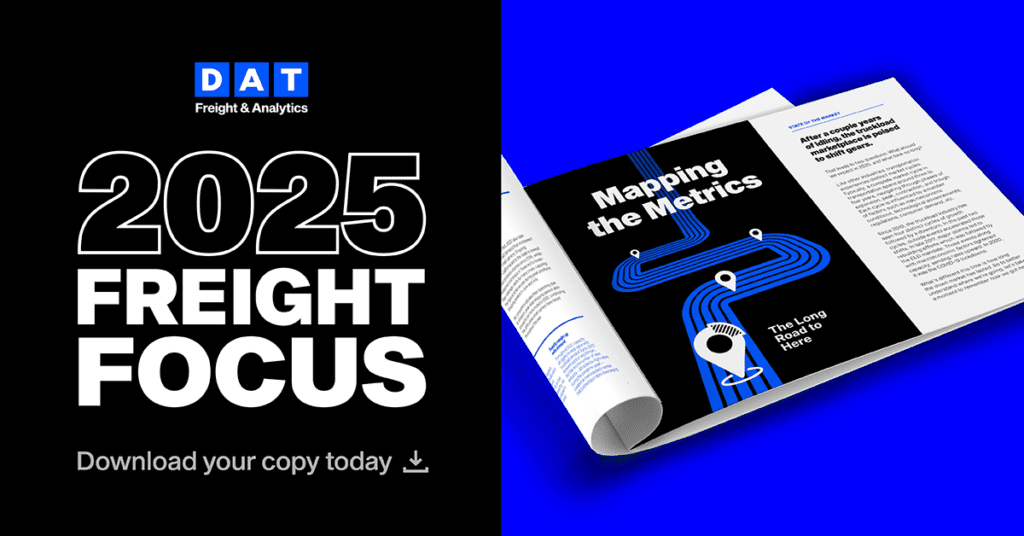Short-haul drivers are no longer required to follow the 30-minute off-duty break requirement that had been mandated by the FMCSA’s new Hours of Service (HOS) regulations. For drivers with a CDL, a short haul is defined as 100 miles from where the driver departs.
However, the U.S. Court of Appeals for the District of Columbia circuit, in an opinion filed on August 2, upheld all other provisions of the HOS regulations.
As for long-haul drivers, HOS regulations appear to be causing some crowding at truck stops due to the 1 to 5 a.m. restart period – and in the case of Overdrive’s Wendy Parker, it’s meant seeing grown men running around a truck stop in their underwear.
The FMCSA also announced that a new violation for the 30-minute break requirements has been added to carrier profiles on the CSA system.
$75k Broker Bond Deadline Approaches
As of October 1, carriers may continue to broker freight only if they run the brokerage as a separate business entity with its own MC number and $75,000 surety bond or trust account. Carriers do have something of an advantage in securing a bond, because they are likely to have collateral (trucks). If they have good credit as well, the bond premium could be lower for them than for a broker with no assets.
If you have questions about the $75k bond, make sure to read Bert Goo’s latest blog post.
Rules Change Will Save $1.7 Billion
Commercial drivers will no longer have to submit Driver Vehicle Inspection Reports (DVIRs) for every pre- and post-trip equipment inspections. Instead, they will only be required to submit these reports when a defect or deficiency is found in the inspection.
The FMCSA says only about five percent of reports submitted cite issues – so the rules change will eliminate 95 percent of reports and save about $1.7 billion annually for the industry. That’s a lot of paper and a lot of time saved.
We’re helping cut down on the paperwork burden for brokers and carriers, too. Learn how to go paperless on all your interactions with brokers, using DAT OnBoarding with digital signatures.
Proposal to Increase Insurance Requirements to $4.4 Million Introduced
A bill has been introduced in the U.S. House of Representatives that would raise the required minimum insurance for commercial carriers to $4,442,000. Matt Cartwright (D–Pennsylvania) proposed the new figure, saying it would adjust the current $750,000 requirement, which was set in 1980, to adjust in relation to today’s higher cost of medical care. It would also permanently tie the minimum insurance amount to the inflation rate for medical care. The bill, H.R. 2730 – “SAFE HAUL”, is only in the introductory phase and has been referred to the House Committee on Transportation and Infrastructure.
If passed, this would only add to increased costs that trucking companies are facing. According to DAT Carrier Benchmark Survey, costs are rising faster than rates.
Fuelin’ Up Around the Country
Changes in state fuel taxes or tax laws may affect some or all carriers that operate in Maine, Massachusetts, Indiana, New Mexico, California and Oregon.
In other fuel news, the U.S. District Court in Kansas dismissed claims against Chevron that fuel quantities were not adjusted properly for temperature at retail locations (they are adjusted to 60 degrees Fahrenheit wholesale) in the so-called “hot fuel” cases. The court concluded that Chevron’s practices fell under a safe harbor due to the fact that fuel has been universally sold in this manner.

